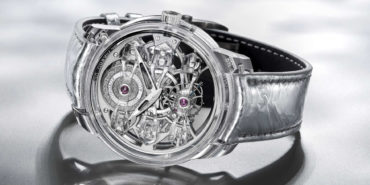Collector’s Guides • 22 Jan 2016
3 Little Known Facts About The World’s First Swiss Wristwatches
The humble wristwatch, we see it on everyone, yet many people do not know the significance of its evolution. Despite the fact that global mobile phone adoption rates have exponentially sky rocketed in the past two decades, and the prediction in the 90s that the wristwatch would become obsolete, the wearing of the wristwatch is still very much a norm today. With the advent of smart watches, this trend is unlikely to decline. The convenience of keeping time with a twist of the wrist still beats reaching into one’s pocket. But, there was a time when such a convenience was frowned upon, almost seemingly deviant in society. Here are 3 little known facts about the first swiss wristwatches made , which eventually led to the revolution in modern timekeeping and eventually changed the way humans keep time.
1. The First Swiss Wristwatch was made by Patek Philippe
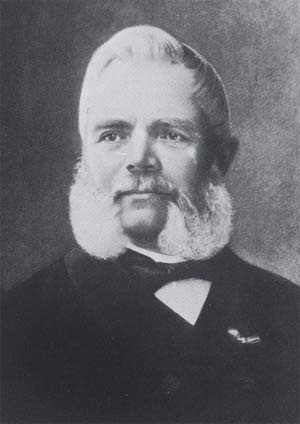
In the early 19th century, time was always kept in the pocket. The wrists, the neck and the ears were exclusive areas for women and their jewellery, and it would be almost aberrant to find a man with an accessory around his wrists. Even an article from the New York Times on July 9 1916 commented that the bracelet watch had been looked upon by Americans as more or less of a joke, a silly fad. This silly fad would not have existed at all if not for Antoni Patek (the creator of Patek Philippe) and his client, Countess Koscowicz of Hungary, who created history and made the first swiss wristwatch in 1868.
2. It was originally intended to be a piece of decorative jewellery
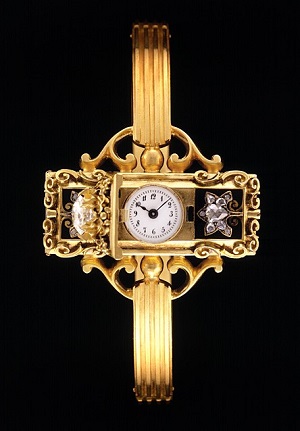
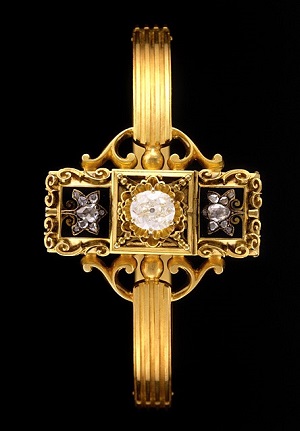
Although Patek Philippe’s design was the first true wristwatch, the men were not really interested, as it seemed feminine. Countess Koscowicz intended it to be a decorative jewellery. The men continued to rely on their larger and more traditional pocket watches which weighed on heavily in their pockets (quite like how our smartphones are today), never noticing the advantages and practicality timekeeping on the wrist could be.
3. The German Navy introduced the modern wristwatch for men
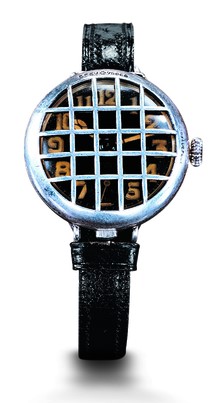
Hindsight is always 20/20, wristwatches have become a part of our lives and are so practical that the idea of the pocket watch may seem silly. But back in those days, the pocket watch was a status symbol to distinguish the successful man. The visionary Constant Girard begged to differ, he saw the practicality of the wristwatch in warfare and developed a wristwatch for the German naval officers. Two thousand watches were ordered by the German Kaiser Wilhelm I. This production represented the first mass production and sale of wristwatches recorded. Although revolutionary, the adoption of wristwatches was not high in the first world war. Indeed, it would not be until the onset of World War II that the true practicality of wristwatches endeavored, producing some of the finest and greatest wristwatches helped and shaped by the introduction of modern air warfare.
The humble wristwatch, an evolution that withstood the test of time.




